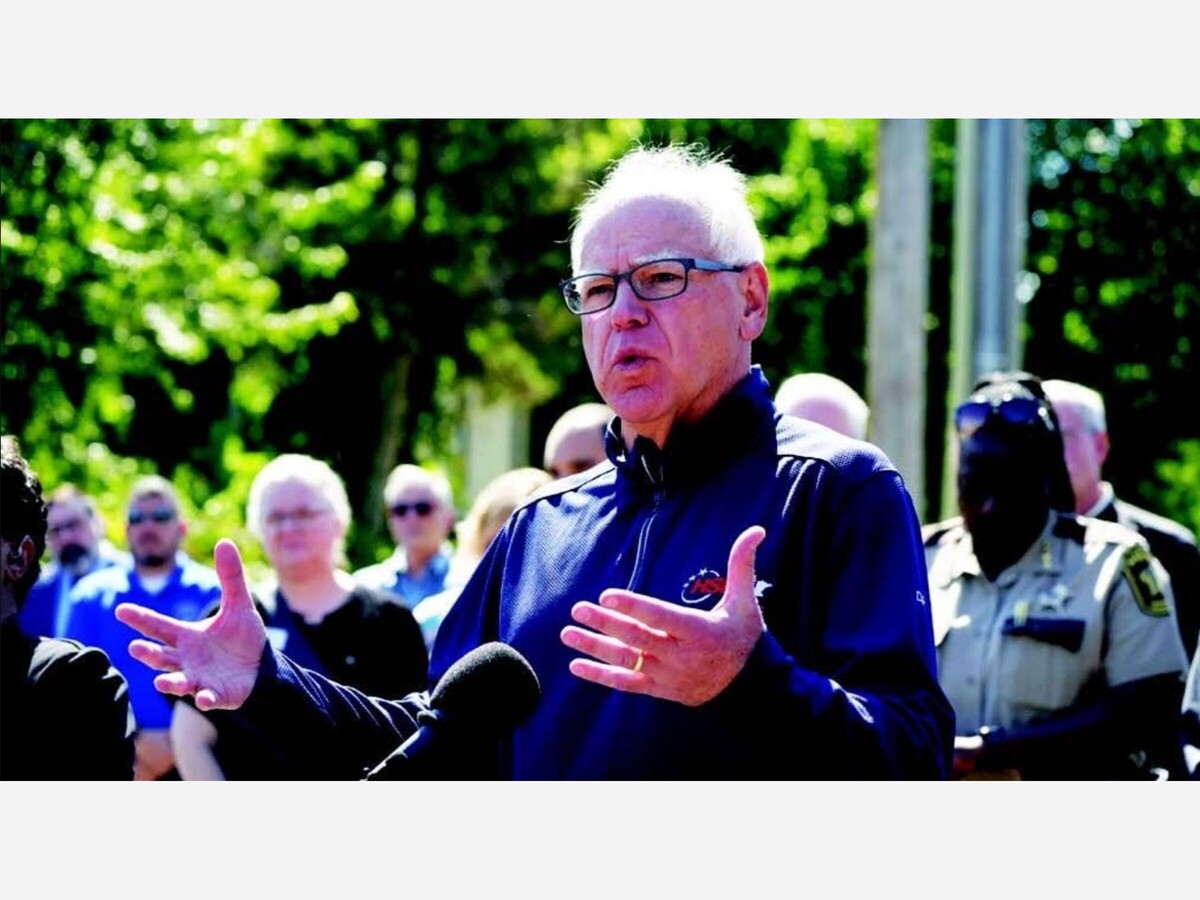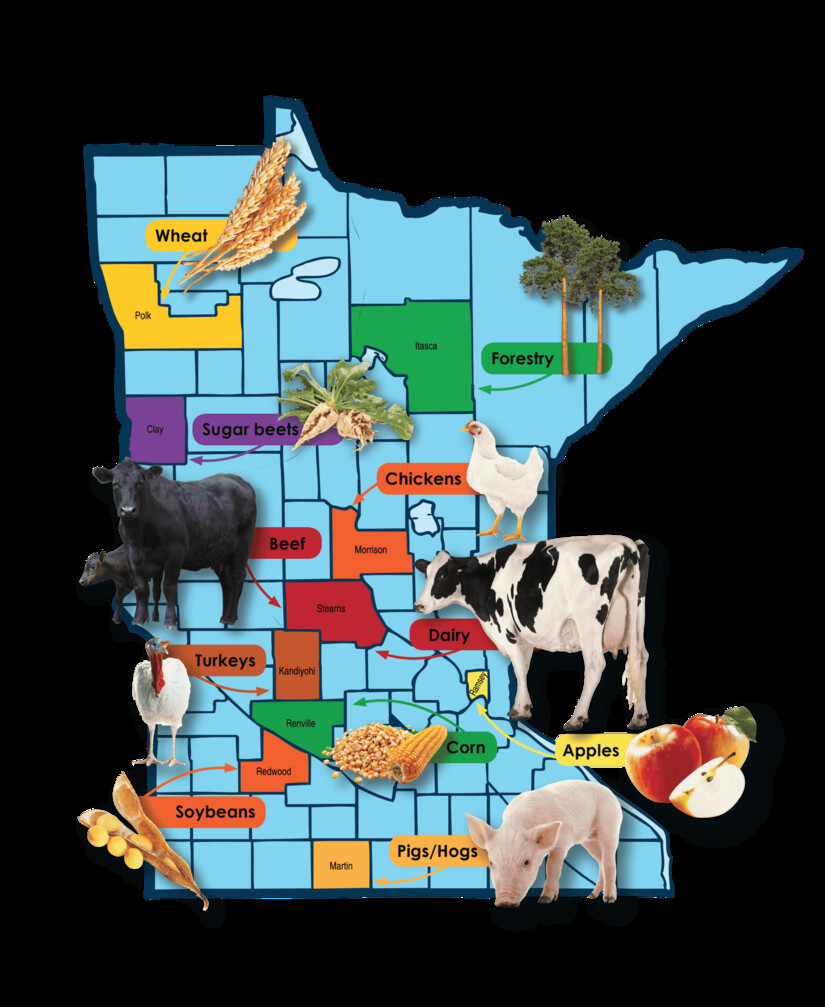Image


ST. PAUL, Minn. — Minnesota is preparing for a potential food security crisis as the federal government shutdown enters its 27th day. The U.S. Department of Agriculture (USDA) announced on October 25 that it will not use emergency contingency funds to continue Supplemental Nutrition Assistance Program (SNAP) benefits beginning November 1, raising concern among state leaders and food security advocates.
According to a USDA memo first reported by Reuters, the agency determined that its approximately $5 billion contingency fund could not legally be used to fund regular monthly SNAP benefits during a shutdown, stating that the fund is reserved for disaster response. This decision diverges from past Republican and Democratic administrations, which have previously used USDA emergency funds to sustain food assistance programs during federal funding lapses.
SNAP provides critical food aid to over 41 million Americans nationwide, including roughly 440,000 Minnesotans, representing $73 million in monthly federal support to the state. Without federal intervention, benefits will cease on November 1, leaving millions vulnerable to food insecurity.

In response to the looming disruption, Governor Tim Walz announced on Monday a $4 million emergency allocation from state contingency funds to support food shelves across Minnesota. The one-time funding aims to serve as a “bridge” measure, helping organizations absorb the anticipated surge in demand.
“Every Minnesotan deserves access to food, and we will not stand by as Washington fails to act,” Walz said in a statement. “Minnesota will step up to protect our families while we urge Congress to do its job.”
State officials have acknowledged, however, that the $4 million in state aid is only a fraction of the monthly federal support at risk.
Minnesota’s Democratic-Farmer-Labor (DFL) leaders sharply criticized the USDA’s decision and the prolonged federal shutdown, calling it a failure of national leadership.
“I am heartened that Governor Walz has found a way to contribute to the coming emergency on food security in our state, and furious that it has come to this,” said Senate Majority Leader Erin Murphy (DFL–St. Paul).
“Donald Trump and Republicans are badly out of touch with people who work for a living. That was clear when they shut down the government rather than extend tax credits to keep people on their health insurance, and it’s obvious again this week with the refusal to tap emergency funds for SNAP recipients.”
Senator Lindsey Port (DFL–Burnsville), who chairs the Senate Select Subcommittee on Federal Impacts on Minnesotans and Economic Stability, echoed those sentiments.
“The past 10 months have made it clear that we no longer have a federal government that works for Americans,” Port said. “Trump wants Americans hungry, desperate, and afraid… but it’s the billionaires pulling his strings who are responsible for the skyrocketing cost of living. Minnesotans’ hard-earned tax dollars are supposed to fund SNAP and other programs that support working families. Congressional Republicans must get back to D.C. and end this shutdown.”
Minnesota food shelves are already experiencing heightened demand, with some reporting record-high visits even before the USDA announcement. Local organizations and tribal nations that rely heavily on SNAP to supplement household nutrition say the governor’s emergency allocation, while vital, will not fully offset the loss if the shutdown persists.
National anti-hunger groups have similarly sounded the alarm. A TIME report called the looming disruption “a man-made disaster,” warning that food banks are bracing for an unprecedented spike in need if SNAP benefits stop in November.
The ongoing shutdown, which began on October 1, stems from a Congressional standoff over federal subsidies for health insurance. With no spending bills enacted for fiscal year 2026, the shutdown has paralyzed key federal programs, and the refusal to authorize emergency SNAP funds marks one of its most far-reaching consequences yet.
Unless Congress acts swiftly to pass a stop-gap funding measure or reopen the government, millions of Americans may lose food benefits within days, and states like Minnesota will be left scrambling to fill the gap.
As the clock ticks toward November 1, state officials warn that unless federal leaders act, food shelves will bear the brunt of a crisis that could leave thousands of Minnesota families without vital food support.